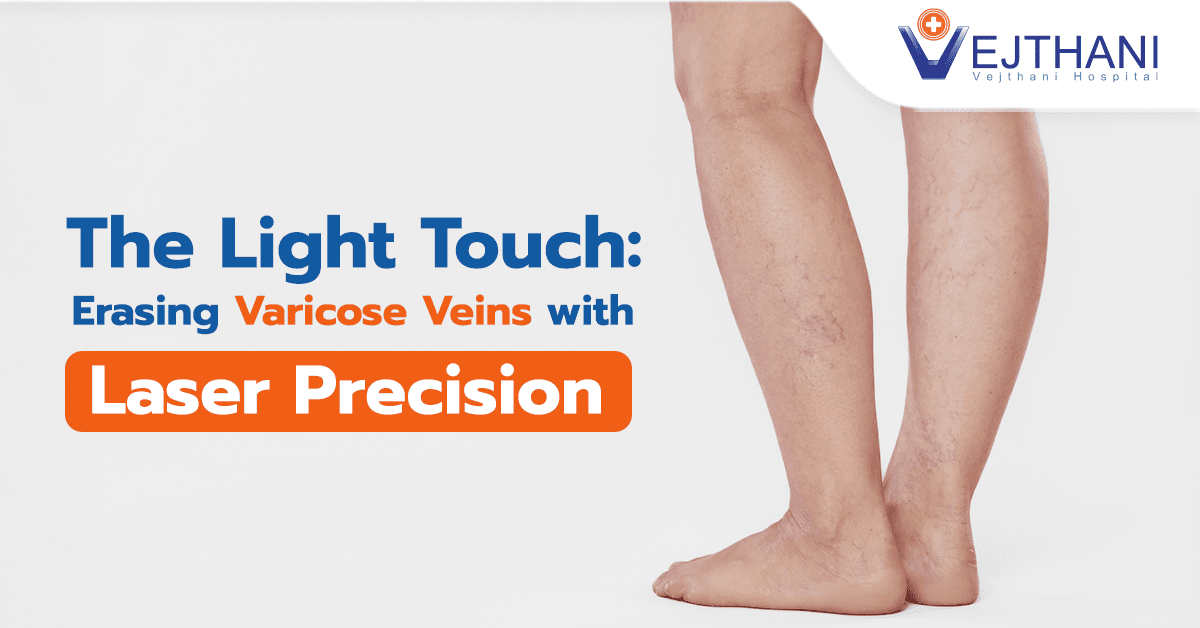
Integrative medicine
Overview
Integrative medicine takes a comprehensive, evidence-based approach to health that focuses on the whole person rather than just isolated diseases. It combines a variety of therapies to support holistic well-being, recognizing the interconnectedness of physical, mental, emotional, and spiritual aspects of health.
This approach aims to identify and address the root causes of symptoms by considering the entire spectrum of your mind, body, and spirit. It integrates evidence-based practices to enhance overall health and well-being.
In integrative medicine, you are an active partner in your healing journey, and strong relationships with your healthcare providers are key. The approach emphasizes coordinated care, blending conventional methods (like medication and psychotherapy) with complementary therapies (such as acupuncture and yoga) to foster optimal health and recovery.
Types
Integrative medicine includes a broad range of procedures, methods, and services, this includes the following:
- Acupuncture
- Chinese herbal therapy
- Chiropractic therapy
- Culinary medicine
- Holistic psychotherapy
- Massage therapy
- Reiki
- Yoga and tai chi
Reasons for undergoing the procedure
Instead of replacing your primary healthcare provider and other specialists, integrative medicine practitioners collaborate with them. They work in collaboration with your healthcare team to support the full restoration of your body, mind, and soul; they are experts in the prevention and treatment of chronic diseases. However, you should always see your healthcare provider or emergency medicine specialist for urgent medical issues.
Integrative medicine offers benefits to a wide range of individuals, including those in good health. It is especially valuable for people dealing with chronic or complex conditions. This approach provides relief for numerous health issues and medical conditions, including:
- Acute and chronic pain.
- Autoimmune diseases.
- Breathing disorders.
- Cancer.
- Chronic fatigue.
- Digestive disorders.
- Flu symptoms.
- Headaches and migraines.
- Hypertension.
- Infertility.
- Menopausal symptoms.
- Menstrual issues.
- Mental and emotional health issues.
- Obesity.
- Sleep issues.
Risk
The therapy and lifestyle modifications that are recommended are all generally low risk and safe. But these therapies don’t take the place of routine care from your primary healthcare provider and other healthcare providers. Integrative medicine is meant to be used in addition to traditional medical care. To provide coordinated care and avoid misconceptions, integrative medicine providers work in tandem with your healthcare providers.
Procedure
The following are examples of integrative medicine:
- Acupuncture: Acupuncture involves the use of fine needles to promote and balance the flow of the body’s energy (Qi), aiming to stimulate its natural healing abilities. Acupuncture has been found beneficial in relieving:
- Anxiety and depression.
- Cancer symptoms.
- Fatigue.
- Fibromyalgia.
- Hot flashes.
- Joint pain.
- Migraines.
- Chinese herbal therapy: Certified Chinese herbalists utilize formulas derived from traditional Chinese medicine texts, which encompass thousands of herbs, minerals, and extracts with specific therapeutic purposes. Chinese herbal therapy has been known to assist in relieving:
- Digestive disorders.
- Fatigue.
- Flu symptoms.
- Menopausal symptoms.
- Pain.
- Chiropractic therapy: Healthcare providers specializing in chiropractic therapy perform adjustments to soft tissues and manipulate the spine and joints. This therapy has been effective in relieving:
- Back and neck pain.
- Knee, hip or ankle pain.
- Other musculoskeletal problems.
- Pelvic pain.
- Shoulder, elbow and wrist pain.
- Culinary medicine: Healthcare providers specializing in culinary medicine integrate evidence-based science of food, nutrition, and medicine with the creativity and pleasure of cooking. They may utilize special diets such as vegan, low-carb, and FODMAP to enhance wellness. Culinary medicine is effective in improving and potentially reversing common chronic diseases, including:
- Diabetes.
- High blood pressure (hypertension).
- Obesity.
- Non-alcoholic fatty liver disease.
- Holistic psychotherapy: Holistic psychotherapy incorporates evidence-based therapies to enhance mood, alleviate anxiety, address post-traumatic stress disorder (PTSD), and manage other symptoms. These therapies include:
- Cognitive behavioral techniques like breathing and relaxation.
- Guided imagery.
- Hypnosis.
- Hypnotherapy.
- Traditional talk therapy.
- Massage therapy: Massage therapy employs techniques of soft tissue manipulation and body movement to enhance health and well-being. It is effective in treating physical disorders and improving clinical outcomes. Massage therapists utilize various techniques to alleviate:
- Congestive chest symptoms.
- Digestive disorders (such as constipation).
- Muscle pain and tightness.
- Neurological and muscular disorders (such as headaches and low back pain).
- Post-operative pain and lymphedema.
- Respiratory disorders (such as sinus pressure).
- Reiki: Reiki is an energy healing technique focused on restoring balance within the body’s natural energy fields. It aims to enhance vitality, emotional equilibrium, and overall health. Reiki is believed to potentially alleviate symptoms associated with various conditions, which may include:
- Cancer.
- Chronic pain.
- Stress.
- Infertility.
- Digestive disorders.
- Parkinson’s disease.
- Yoga and tai chi: Yoga and tai chi integrate specific postures, movements, and breathing techniques to harmonize the mind and body. They are known to potentially assist in:
- Enhancing immune response.
- Improving posture and body alignment.
- Increasing muscle strength.
- Lowering blood pressure.
- Providing a sense of joy and well-being.
- Reducing stress and pain.
Outcome
Integrative medicine techniques boost the body’s natural healing abilities, helping to reduce stress and promote relaxation, which can lead to better health outcomes. By engaging in these practices, individuals are empowered to make positive lifestyle changes, supporting optimal health. Incorporating integrative medicine into your healthcare routine allows you to take proactive steps toward improving your well-being.
Your prognosis depends on various factors, including your diagnosis, health history, and the treatments you receive. To increase the likelihood of favorable outcomes, consider the following:
- Educate yourself about complementary therapies suitable for your condition.
- Consult with your healthcare provider and integrative medicine providers to weigh risks and benefits.
- Remember that complementary therapies are intended to complement, not replace, treatments prescribed by your primary healthcare provider.
- Inform your healthcare provider about any complementary therapies you are utilizing.
Stay in communication with your healthcare provider throughout your treatment. Informing them about the integrative medicine therapies you are undergoing enables them to tailor your care effectively and ensure your safety.
Contact Information
service@vejthani.com






















